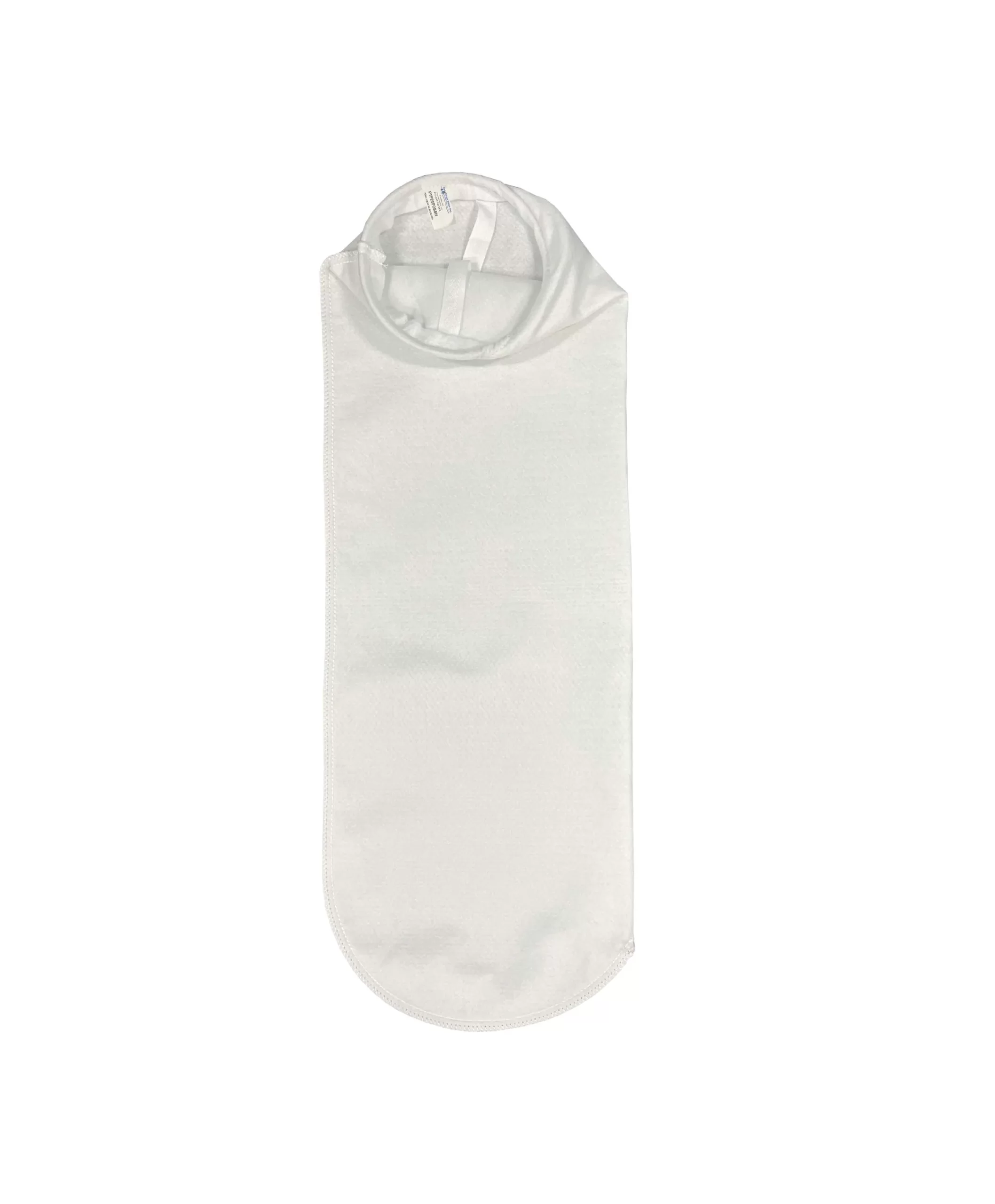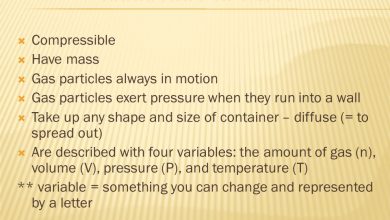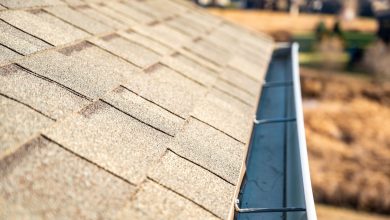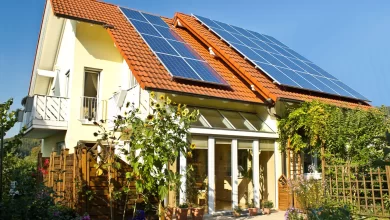A teflon bag filter is a tool used to remove particulate or debris from water by allowing it to flow through a porous membrane with strong adhesion properties. This article breaks down the different types of filters and why they are so popular.
What Is A Teflon Bag Filter?
Teflon bags are a type of filter used in many different applications. They are made from a material called Teflon and work by trapping particles and molecules. This is why they can be used to clean air or water. They are also commonly used as food storage containers, since they can resist bacteria and other contaminants.
How Do Teflon Bag Filters Work?
Teflon bag filters work by trapping particles and molecules. This is why they are used in many different applications, including air and water filtration. They are also commonly used as food storage containers, since they can resist bacteria and other contaminants.
What is a bag filter?
A bag filter is a device that removes contaminants from air, such as dust, pollen, and smoke. Bag filters can be found in places like hospitals and schools, where the air quality is important. Bag filters are also used in factories and other industrial settings.
Bag filters work by trapping particles in a fabric bag. The particles are then drawn through the filter media and removed from the air. The size of the trap determines how much air it can handle. Common types of media used in bag filters include Activated Charcoal, Cloth Fiber, and Polypropylene.
Bag filters are effective at removing a variety of contaminants, but they can’t remove chemicals or particles that are too large to fit through the filter. That’s why bag filters are often combined with other air purification technologies, like activated carbon filters.
How does a bag filter work?
A bag filter is a device that uses a mesh screen to catch particles in the air. The most common type of bag filter is the Teflon bag filter, which uses Teflon as the filtering material. When particles are caught by the mesh screen, they can become trapped and prevented from entering your lungs.
Bag filters are often used in places where you are likely to be exposed to particles in the air, such as in a office or home. They are also often used in places where there is a concern about harmful particles entering the air, such as during natural disasters.
Some of the benefits of using a bag filter include:
-You are likely to experience less respiratory problems, such as asthma, when you use a bag filter.
-Bag filters can be effective at removing harmful particles, including particulate matter and carbon dioxide.
-They are easy to use and can be installed in just a few minutes.
What are the uses of a bag filter?
A bag filter is a device that is used to clean the air in a confined space, such as an office or home. It works by trapping particles and gases that are released from the surface of the items being cleaned. The filter can be made from many different materials, including Teflon, but the most common type is made from paper.
The main use of a bag filter is to remove particles and gases from the air inside a confined space. This can be useful for cleaning rooms, offices, homes, caravans and more. There are a few other uses for a bag filter too. For example, they can be used to remove dust and pollen from the air in places where people may suffer from allergies or asthma. They can also be used to remove smoke and fumes from areas where there is a risk of fire.
How can I make my own bag filters?
Making your own bag filter is a simple process that can be done at home with just a few supplies. By using a Teflon bag, you can reduce the amount of particulate matter and chemicals released into the air when you clean your clothes.
To make your own bag filter, start by collecting some old, clean T-shirts or cloths. You will also need:
Teflon bags (enough to cover the bottom of your washing machine)
- A mesh strainer or sieve
- A bucket or large pot
- Soap or detergent
- Washable fabric softener (optional)
Place the Teflon bags in the bottom of your bucket or pot, and fill the buckets or pots with enough water to cover the bags. Soak the fabric softener if desired. Add enough soap or detergent to cover the fabric and wet the fabric well. Gently squeeze out as much water as possible and place the fabric in the mesh strainer or sieve. Rinse well and let dry.
Conclusion
A Teflon bag filter is a device used to clean air and water. It’s made up of a fine screen that traps particles smaller than 2.5 microns in size. When the filter is activated, it sucks in pollutants from the atmosphere and releases them slowly through the filter into the water stream. This process helps to reduce exposure to harmful toxins, especially in areas with high levels of pollution. In some cases, a teflon bag filter can also be used to improve water quality by removing excess sediment or contaminants.





